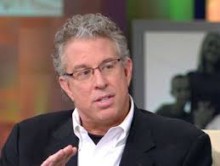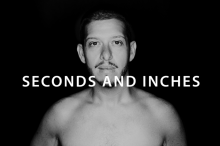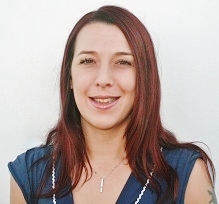 When I first became interested in Indigenous healing a number of years ago, I did a great deal of reading about the healing of trauma and intergenerational trauma. I summarised what I considered to be 12 principles of healing, which are relevant to Aboriginal people here in Australia and other Indigenous peoples around the world. I first posted about these principles on Sharing Culture in 2014 and then on The Carrolup Story in 2018.
When I first became interested in Indigenous healing a number of years ago, I did a great deal of reading about the healing of trauma and intergenerational trauma. I summarised what I considered to be 12 principles of healing, which are relevant to Aboriginal people here in Australia and other Indigenous peoples around the world. I first posted about these principles on Sharing Culture in 2014 and then on The Carrolup Story in 2018.
1. The Human Rights of Indigenous Peoples must be recognised and respected
Recognition of, and respect for, the Human Rights of Indigenous peoples is fundamental to improving their health and wellbeing. Society must ensure that Indigenous peoples have full and effective participation in decisions that directly or indirectly affect their lives.















